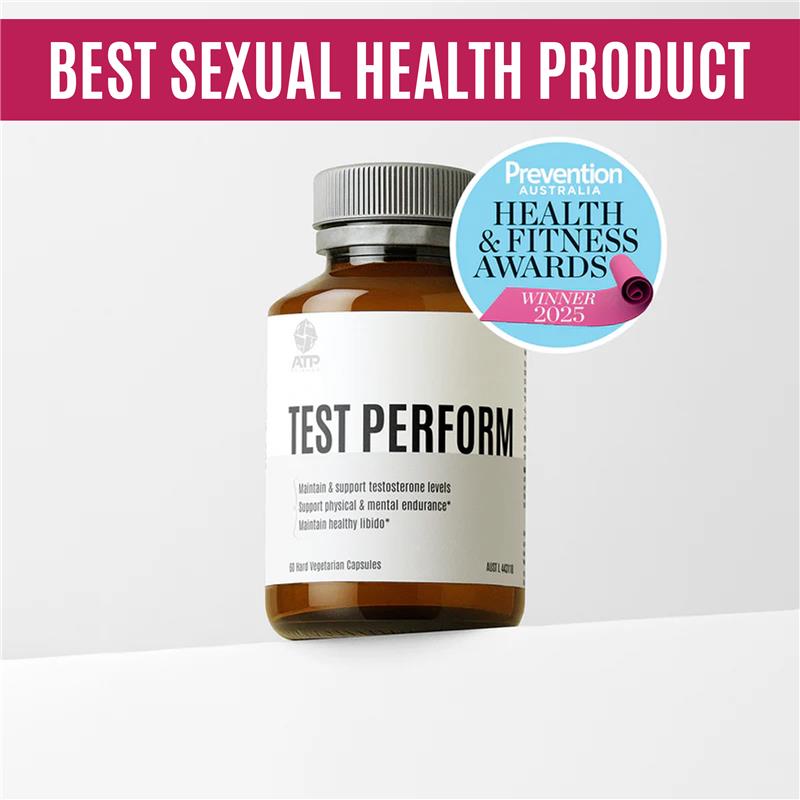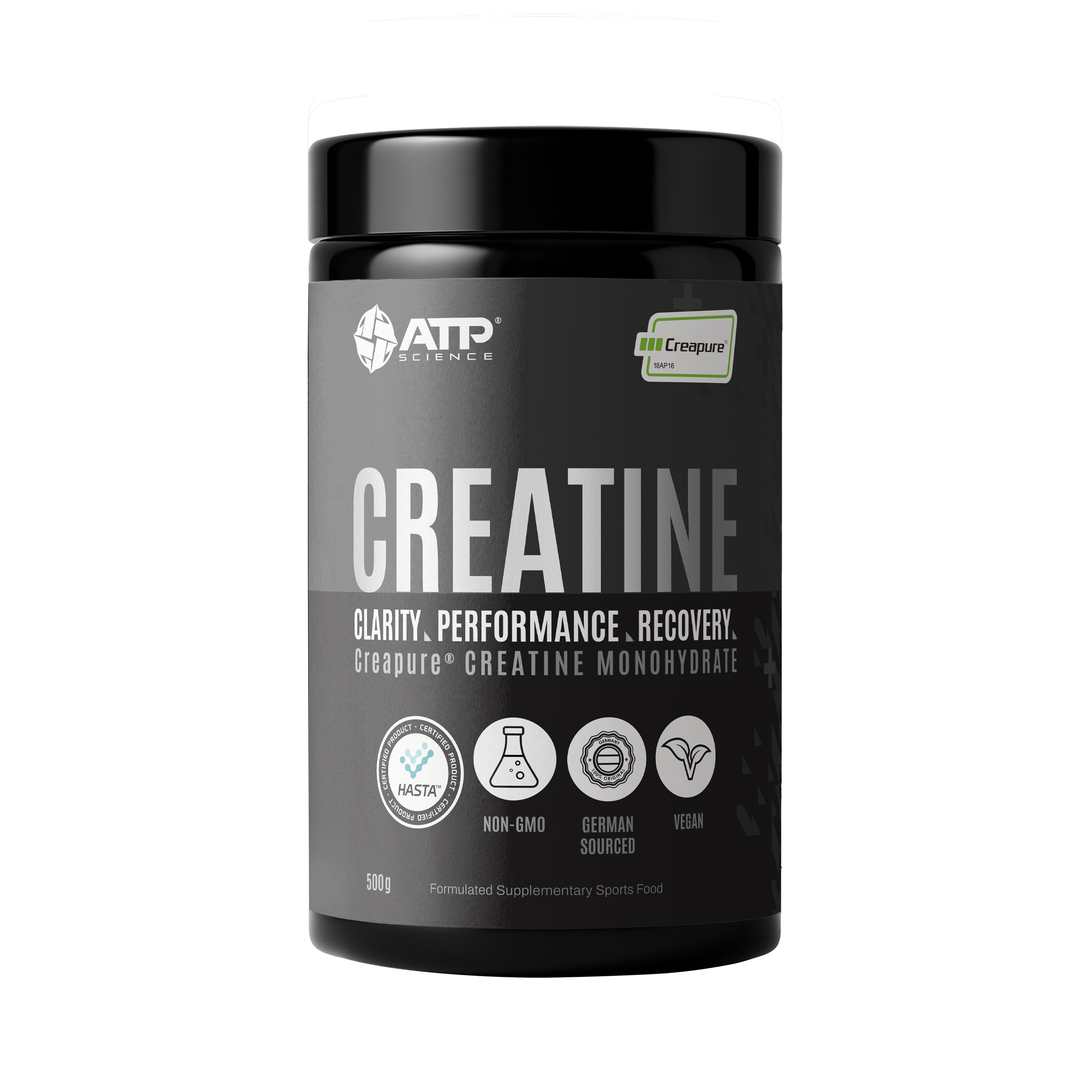Top 5 tips to manage Insulin Resistance
When carbohydrates are consumed they are broken down by the body into glucose molecules, then absorbed into the bloodstream. This triggers the body to release a hormone called Insulin which works to ensure that glucose is transported and stored correctly in the body’s cells for use as an energy source. This energy is then used for processes such as thinking, talking, walking, breathing and all of that important stuff as well as being used for exercise and more specifically the initial bursts when just beginning a movement. High circulating glucose levels in the blood can lead to serious health problems which can start with insulin resistance. Insulin resistance is when insulin struggles to regulate blood glucose levels, it still works but put simply, it doesn't do a great job so the body is told to make more...and more…and more. If this failure continues the issue can progress into type 2 diabetes however, while blood sugar levels are controlled this condition is referred to as insulin resistance. If you would like to have a more in-depth understanding of insulin and it’s mechanisms within the body check out this blog (https://au.atpscience.com/blogs/blog/insulin-resistance) which goes into more detail.
Insulin resistance can occur ongoing for approximately 10 years before progressing to type 2 diabetes.[1] One of the most common issues with insulin resistance is weight gain due to the increase in insulin production and circulation, insulin is a powerful anabolic hormone and when in excess will promote fat storage. [2] An increase in weight further exacerbates insulin resistance until the pancreas can’t produce any more insulin, the result is increased blood sugar levels (hyperglycemia) leading to type 2 diabetes. The good news is that if you suffer from insulin resistance, you can avoid this progression through lifestyle changes and a few smart additions to the diet. Below are the top 5 tips to kick start the reversal of insulin resistance.
1. Eat fewer refined carbohydrates and sugar and up your polyphenol intake.
Lower carbohydrate diets (don’t go crazy and completely cut carbs, read the first sentence again…reduce REFINED carbs and sugar) can be beneficial for the treatment of type 2 diabetes when replaced with whole foods to ensure a balanced diet overall.[3] We also know that low carbohydrate diets increase adiponectin, which sensitizes insulin and protects against heart disease (a risk factor for insulin-resistant individuals).[4] In a recent (2022) study, the researchers found that a carbohydrate-restricted diet had a dose-dependent (the less the carbs, the better the response) beneficial effect on insulin resistance, meaning the fewer the carbohydrates consumed, the better the insulin sensitivity became.[5] So sure, cut the sugar and grain foods, but keep the polyphenol-rich foods, eat a rainbow of fresh foods such as green vegetables, low carbohydrate fruits (like tomatoes, berries, and avocados) and gorge on healthy salads. Add in some quality proteins and fats and you are well on your way to better-controlling insulin levels.
2. Exercise
This one is a no-brainer. If I was writing an article on benefits for all sorts of conditions, exercise will always make the list. In regards to insulin resistance, exercise has been shown to be a game changer.[6] There is still a debate over which exercise is best for insulin resistance, but it can be said with confidence that doing nothing is the worst type of exercise. The best exercise is the one you are going to do! If you are sedentary currently, start with a gentle walk and build up from there while finding the type of exercise that you enjoy and can sustainably add to your weekly routine. If you start at a gym, start light and if you have any doubts regarding whether exercise is right for you, please speak to your doctor.
3. Cinnamon
Yes, cinnamon. The stuff you find on doughnuts? Correct! So, you should eat doughnuts to reduce insulin resistance? NO! Nice try though. And sprinkling it on your ice cream is not a good idea as well. Can you add cinnamon to your healthy protein smoothie? Yes. In one recent study, women with insulin resistance were given 1.5 g of cinnamon per day for 3 months. This was a randomized double-blind placebo-controlled clinical trial, meaning it is a high-quality piece of evidence. At the end of the 12 weeks, the women taking the cinnamon (and not the placebo) enjoyed reduced insulin resistance.[7] So try to incorporate a level teaspoon of cinnamon daily to help get your insulin under control.
4. Berberine
Berberine is very well studied in the scientific literature and has been used for thousands of years giving it a terrific safety profile. A recent (2021) meta-analysis (a review of several studies) found that berberine can improve obesity and hyperlipidemia by reducing triglycerides, total cholesterol, and bad LDL cholesterol while increasing the beneficial HDL cholesterol. It also was found to improve insulin resistance.[8] So berberine may be something to consider for improving insulin resistance and your cholesterol levels.
5. Chromium
Most people equate chromium (chrome) as something that makes metals shine. And yes, the same stuff helps to improve insulin resistance as well. Now before you go out and suck on your bumper bar you may want to think twice. There are two forms of chromium, which are the toxic hexavalent form, and the healthy trivalent form you can find in supplements. So, stick to the supplements to get the best results and avoid toxicity. In one study, scientists gave 0.4mg of chromium (in the picolinate form) to people suffering from insulin resistance. They did this daily for 8 weeks and the results showed the individuals taking the chromium had a dramatic reduction of insulin resistance.[9]
Take Home Message
Insulin resistance affects more than 1/3rd of Australians.[10] It is highly likely that you or someone you know have or have suffered from insulin resistance. The best way to combat this dangerous condition is to start by modifying your lifestyle. Exercising and reducing sugars and refined carbohydrates will go a long way to addressing and even reversing insulin resistance. Supplementing with berberine and chromium while getting a teaspoon of cinnamon into your daily healthy eating plan may also be beneficial. Most of all, if you are worried about your likelihood of having Insulin Resistance speak to your health care practitioner for a diagnosis. A nutritionist and/or naturopath can then help to create a realistic plan for a journey back to wellness.
References
[1] Freeman AM, Pennings N. Insulin Resistance. 2021 Nov 15. In: StatPearls [Internet]. Treasure Island (FL): StatPearls Publishing; 2022 Jan–. PMID: 29939616.
[2] Henstridge DC, Abildgaard J, Lindegaard B, Febbraio MA. Metabolic control and sex: A focus on inflammatory-linked mediators. Br J Pharmacol. 2019 Nov;176(21):4193-4207.
[3] Ludwig DS. The ketogenic diet: evidence for optimism but high-quality research needed. J Nutr. 2020;150(6):1354–9.
[4] Yanai H, Yoshida H. Beneficial effects of adiponectin on glucose and lipid metabolism and atherosclerotic progression: mechanisms and perspectives. Int J Mol Sci. 2019;20(5):1190.
[5] Ebbeling CB, Knapp A, Johnson A, Wong JMW, Greco KF, Ma C, Mora S, Ludwig DS. Effects of a low-carbohydrate diet on insulin-resistant dyslipoproteinemia-a randomized controlled feeding trial. Am J Clin Nutr. 2022 Jan 11;115(1):154-162. doi: 10.1093/ajcn/nqab287. Erratum in: Am J Clin Nutr. 2022 Jan 11;115(1):310. PMID: 34582545; PMCID: PMC8755039.
[6] Sampath Kumar A, Maiya AG, Shastry BA, Vaishali K, Ravishankar N, Hazari A, Gundmi S, Jadhav R. Exercise and insulin resistance in type 2 diabetes mellitus: A systematic review and meta-analysis. Ann Phys Rehabil Med. 2019 Mar;62(2):98-103. doi: 10.1016/j.rehab.2018.11.001. Epub 2018 Dec 13. PMID: 30553010.
[7] Hajimonfarednejad M, Nimrouzi M, Heydari M, Zarshenas MM, Raee MJ, Jahromi BN. Insulin resistance improvement by cinnamon powder in polycystic ovary syndrome: A randomized double-blind placebo controlled clinical trial. Phytother Res. 2018 Feb;32(2):276-283. doi: 10.1002/ptr.5970. Epub 2017 Dec 18. PMID: 29250843.
[8] Ye Y, Liu X, Wu N, Han Y, Wang J, Yu Y, Chen Q. Efficacy and Safety of Berberine Alone for Several Metabolic Disorders: A Systematic Review and Meta-Analysis of Randomized Clinical Trials. Front Pharmacol. 2021 Apr 26;12:653887. doi: 10.3389/fphar.2021.653887. PMID: 33981233; PMCID: PMC8107691.
[9] Talab AT, Abdollahzad H, Nachvak SM, Pasdar Y, Eghtesadi S, Izadi A, Aghdashi MA, Mohammad Hossseini Azar MR, Moradi S, Mehaki B, Moradi S. Effects of Chromium Picolinate Supplementation on Cardiometabolic Biomarkers in Patients with Type 2 Diabetes Mellitus: a Randomized Clinical Trial. Clin Nutr Res. 2020 Apr 24;9(2):97-106. doi: 10.7762/cnr.2020.9.2.97. PMID: 32395440; PMCID: PMC7192664.
[10] https://www.betterhealth.vic.gov.au/health/conditionsandtreatments/metabolic-syndrome


















